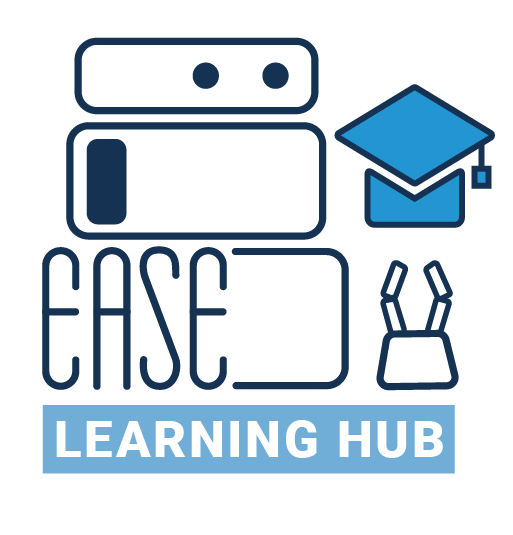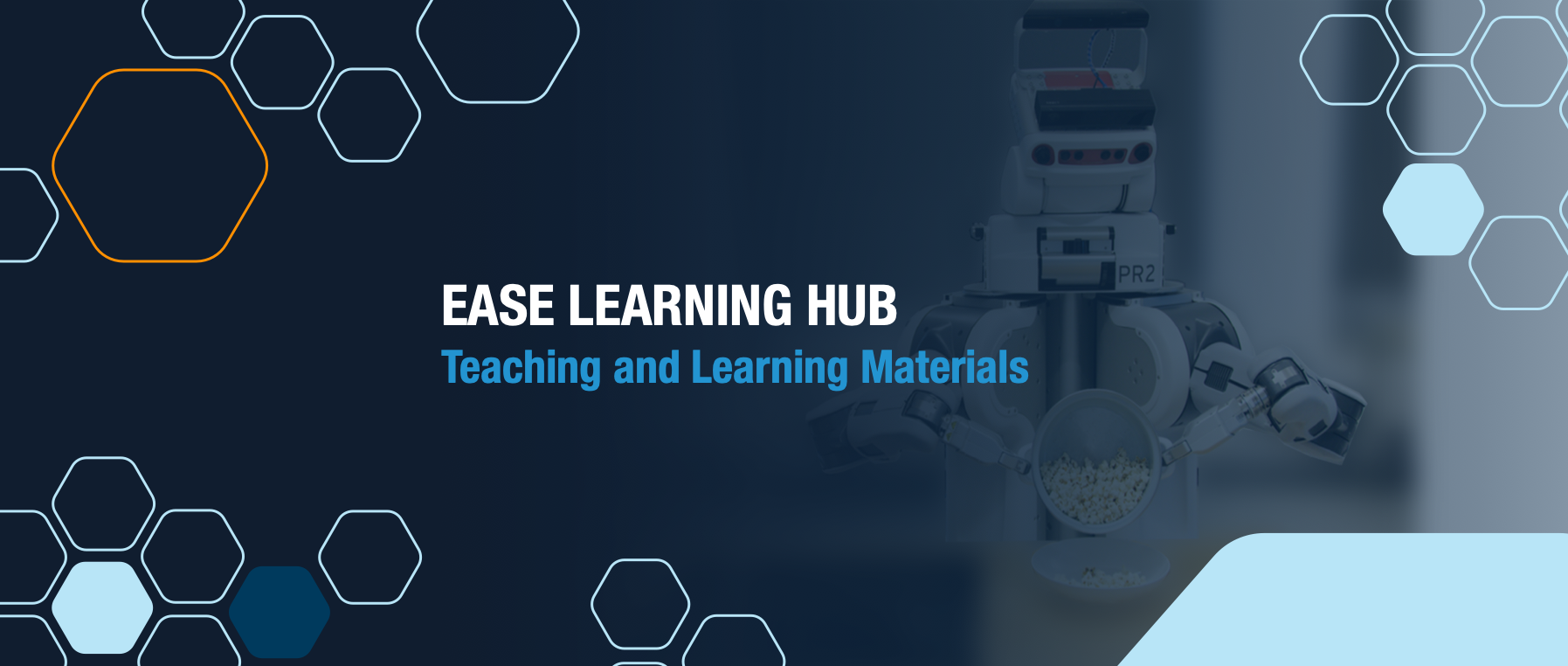Robot Manipulation
Robot Manipulation in Open Environments
In his captivating lecture, Frank Guerin examines the question about the integration between robot vision and a deeper understanding of tasks. As robot grasping is still an unsolved problem, he explores why and how human perception of objects is relevant to manipulation and explains what "transferrable toddler skills" are. The lecture is suitable for beginners.
Digital Twin Knowledge Bases
Follow Michael Beetz' talk on the exciting topic of digital twin knowledge bases. The term digital twins refers to virtual, AI-based images of physical objects in the real world. It is an emerging technology and plays a crucial role for the Industry 4.0 and the digitization of manufacturing in several domains. In retail, for example, digital twins show an exact digital replica of the store and warehouse and the location of each product. In his comprehensive talk, Michael Beetz focuses on the aspect of knowledge representation.
Robot Perception For Real-Life Applications
Michael Suppa from Roboception GmbH gives useful insights into robot perception applications in real-world environments. Roboception provides 3D vision hardware and software solutions that enable industrial robotic systems to perceive their environments in real-time. His talk introduces sensing principles, confidence and errror modelling, as well as pose estimation and SLAM (simultaneous localization and mapping). He also lists the requirements for real-world perception and manipluation systems in industrial environments.
Knowledge representation and reasoning for robotic agents - Part 2
Part 2: In his follow-up lecture, Michael Beetz gives a short recap of his first talk before further exploring knowledge representation and reasoning for robotic agents. He focuses on one of the main problems of human-scale manipulation tasks for robotic systems, action description, when it comes to the performance of abstract tasks like "pour the water out". From "grasp the pot by the handles" to "tilt the pot around the axis between the handles" to "hold the lid while pouring", every action includes multiple intermediate tasks that have to be described in detail for the robot.
Knowledge representation and reasoning for robotic agents
Part 1: In the opening talk of the first EASE Fall School, Michael Beetz discusses the wide range of topics around cognition-enabled robotics. He explains the challenges and complexity of building and programming a robot that reaches the same level of efficiency in performing everyday tasks than humans do. Listen to his thorough introduction on knowledge representation and reasoning, and logic-based knowledge representation and reasoning in particular, on manipulation intellligence, and on the research approach of the Collaborative Research Center EASE.

